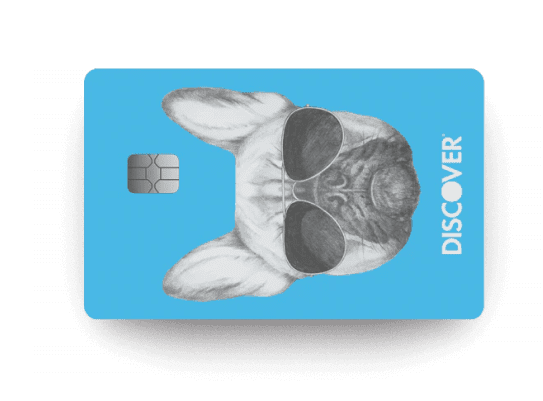
How Old Do You Have to Be to Get a Credit Card?
7 min read
Last Updated: August 29, 2025
Next steps

Learn about Discover It® Student Cash Back
See rates, rewards and other info

View all Discover credit cards
See rates, rewards and other info
You may also be interested in
Was this article helpful?
Was this article helpful?




